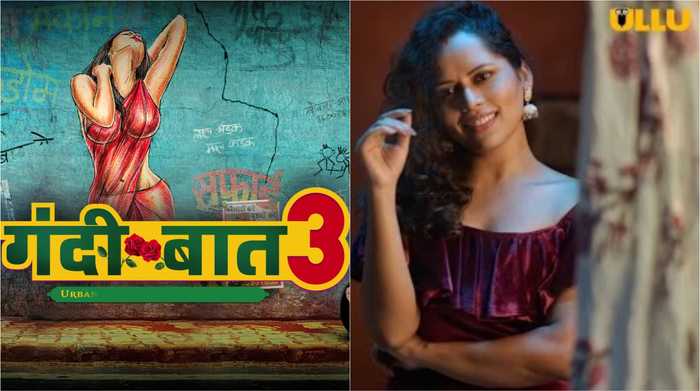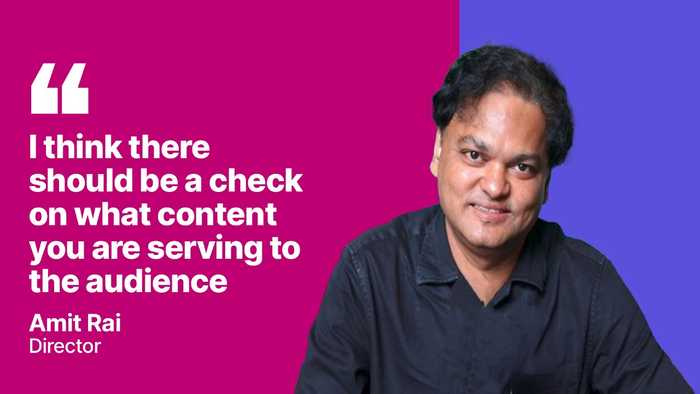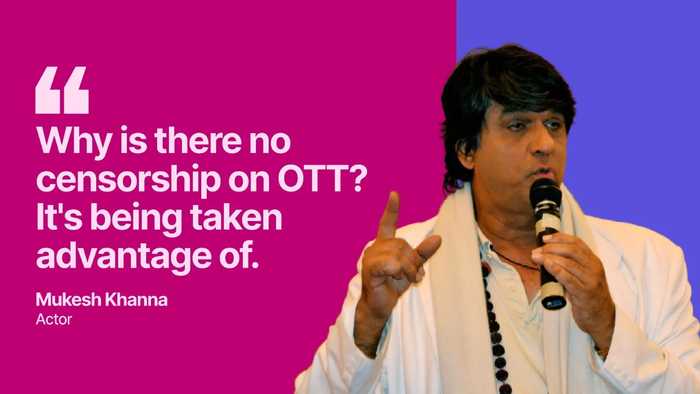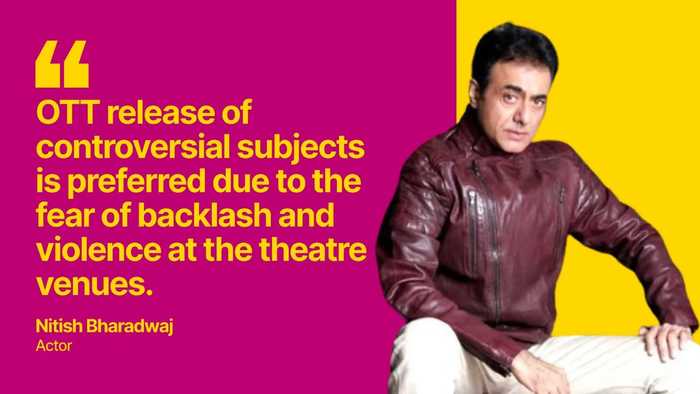Published 21:33 IST, March 14th 2024
The surge in streaming has also heralded a wave of issues including censorship. The government recently blocked 18 OTT platforms for hosting "vulgar" content.
Advertisement
Over-the-Top (OTT) platforms have in the last few years emerged as a parallel form of content consumption, surpassing both theatre and TV viewership. The power the streaming sites hold over the entertainment business became evident when Hollywood took the picket lines to protest over over various issues that emerged as a direct consequence of rise in streaming platforms. In India too, the rise or streaming platforms is palpable, with even A-list stars jumping on the bandwagon and making OTT debuts, especially after the pandemic.
The surge in streaming platforms has also heralded a wave of issues including censorship of content. The government recently blocked 18 over-the-top (OTT) platforms for hosting obscene and vulgar content and, in some instances, pornographic content.
Advertisement
Meanwhile, there are questions being raised on social media over how OTT platforms like ALTBalaji which hosts shows like Gandii Baat, DevDD, Ghapa Ghap and Halala, to name a few, and Ullu have managed to escape the ban.

The digital platforms have largely managed to evade content regulation. Unlike theatres, where every release has to be cleared by the Central Board of Film Certification (CBFC), self-censorship is practiced by OTT platforms. Platforms censor or remove content, thus "modifying" what's being hosted online and is available for consumption in India.
Advertisement
-1710432133984.webp)
Time and again, digital content makers and hosts (Paatal Lok, College Romance, Tandav, Aashram, Mirzapur) have been pulled up by the courts for "hurting religious sentiments" or "profane" content, and suitable action has been taken.
As the OTT censorship debate rages on and the government cracks down on platforms promoting vulgarity in the name of “creative freedom”, we look back at the time when entertainment industry stakeholders spoke to Republic about regulation of content on OTT.
Advertisement
Is censorship necessary? Stakeholders have differing views
Actor Barun Sobti told Republic that the onus of censorship does not lie with the filmmakers but parents of those in impressionable age. He said that family members should restrict the access of "questionable content" to minds that can be easily influenced. "The responsibility of drawing a line on morality does not lie with a filmmaker," the Asur actor shared.

Weighing in on the debate around the need to regulate OTT content, Barun said, "Because it's become a popular medium does not mean that we're the teachers of the whole world. The responsibility of figuring out morality, and censorship actually lies with the parents. OTT has the option of creating profiles. I have different profiles on my account. There’s a profile for my kid. It's my responsibility to make a profile for my kid and ensure he/she is not watching above 18 content,” he added.
Advertisement
OMG 2 director Amit Rai had planned on releasing the uncensored version on his 2023 film OMG 2 on OTT, but it did not happen. Refraining to take a strong stand on the issue, he shared that OTT censorship is a matter that needs discussion, while he acknowledged the ubiquitous nature of online content.

"The whole world is a small village. You have access to any content in a fraction of seconds. You can watch anything. I think there should be a check on what content you are serving to the audience. I think that is a long way and a heavy debate on how we are going to do that," Amit said.
Advertisement
Controversial subjects easily making their way on OTT?
In 2023, a private member's bill to set up a regulatory authority for OTT platforms was introduced in Parliament because of recurring objections to content on OTT. Mukesh Khanna, who has ardently called for OTT censorship, questioned what is stopping the government from regulating content on the digital.
"Why is there no censorship on OTT? There is no obstruction to why OTT content cannot be passed through the censor board. It's being taken advantage of. Censorship on OTT is a must. It's not a matter of whether content is being dumped on OTT or not. If something is not deemed worthy of release in theatres, then it must not be released on OTT also," he said.

"The temptation that anything can be released on OTT is wrong. Freedom of expression is available which is why they are getting attracted to digital. It's easy to make controversial subjects on OTT because there is no oversight. But it should be controlled," Khanna added.
Kedarnath actor Nitish Bharadwaj shared that controversial subjects are easier to release on OTT as the chances of a backlash are less. He also called for censorship of streaming content.

"When it comes to controversial films, OTT release is preferred due to the fear of backlash & violence at the theatre venues. A country like ours must have regulations because there are many sensitive undercurrents going on at the same time," Bharadwaj shared.
21:18 IST, March 14th 2024